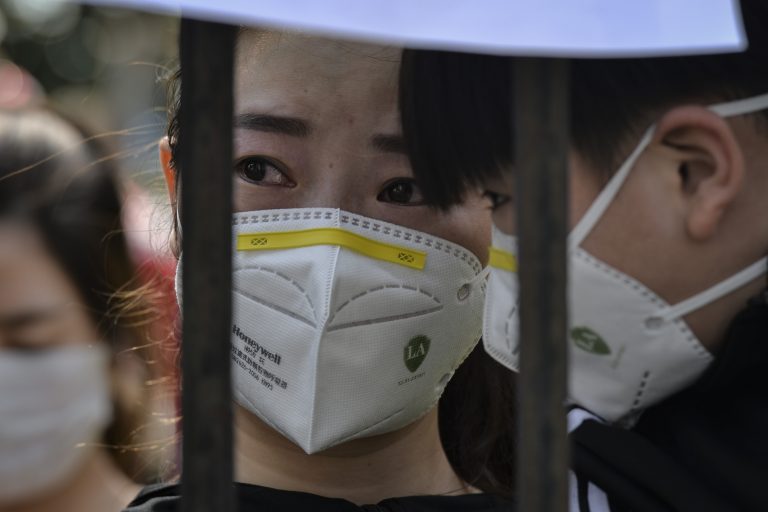Wuhan medics, in the epicenter of the novel coronavirus outbreak in the initial days of the pandemic, knew about deaths caused by the virus as early as December 2019, according to a documentary by ITV News. It was only in mid-Jan. 2020 that the Chinese regime informed the World Health Organization (WHO) about a coronavirus death.
The medics were also aware that human-to-human transmission of the virus was taking place. The medics were prevented from sharing this knowledge with the world, as they were threatened by the authoritiesto remain silent on the issue. Their advice to scrap the Lunar New Year festivities was dismissed, as officials wanted to present the image of a “prosperous and harmonious” Chinese society.
In the documentary, one medic reveals that a relative of his acquaintance died at the end of December or the beginning of January, and that many people who were living with this person were also infected with the virus.
“The very early outbreak management was just a mess, a failure. I think the pandemic could have been avoided at the beginning if China was transparent about the outbreak and was quick to provide necessary information to the world,” Dr. Yi-Chun Lo, the deputy director-general of the Centers for Disease Control in Taiwan, formally known as the Republic of China (ROC), said in the program.

Dr. Yin-Ching Chuang from the Infectious Diseases Prevention and Treatment Network in Taiwan reveals that he and his team traveled to the communist People’s Republic of China (PRC) in the initial days of the epidemic and discovered that human-to-human transmissions of the virus were happening. He noted that the PRC failed to provide this information to the world.
Success
You are now signed up for our newsletter
Success
Check your email to complete sign up
Beijing first informed WHO of the virus on December 31, 2019. On January 12, 2020, the WHO made a public statement that there was no human transmission occurring in China. It was in mid-January that the first death was reported. By January 21, when WHO issued its first report on the coronavirus, at least 278 people were already infected and at least three other nations had also reported infections.

The fact that novel coronavirus infection had spread in Wuhan earlier than what is admitted by Beijing is something that is increasingly being acknowledged in recent months. For instance, U.S. scientist Dr. Peter Daszak, who in February 2020 had written a letter to The Lancet rubbishing suspicions that the novel coronavirus might have escaped from a lab in Wuhan, has now admitted that his statements were false and aimed at protecting Chinese scientists.
“The Lancet letter was written during a time in which Chinese scientists were receiving death threats and the letter was intended as a showing of support for them as they were caught between important work trying to stop an outbreak and the crush of online harassment,” he told The Wall Street Journal.
For 2021, Wuhan hosted a massive public New Year bash that saw the participation of millions of people who flouted safety protocols in favor of celebrations. Chinese media boasted that the images of tightly-packed crowds are indicative of the Chinese Communist Party’s supposed win over the pandemic and, by extension, the superiority of the CCP’s authoritarianism over the West.
Two weeks after the New Year festivities, multiple incidents of virus breakouts occurred all throughout China, forcing the government to announce lockdowns in several regions.
Follow us on Twitter or subscribe to our email list














